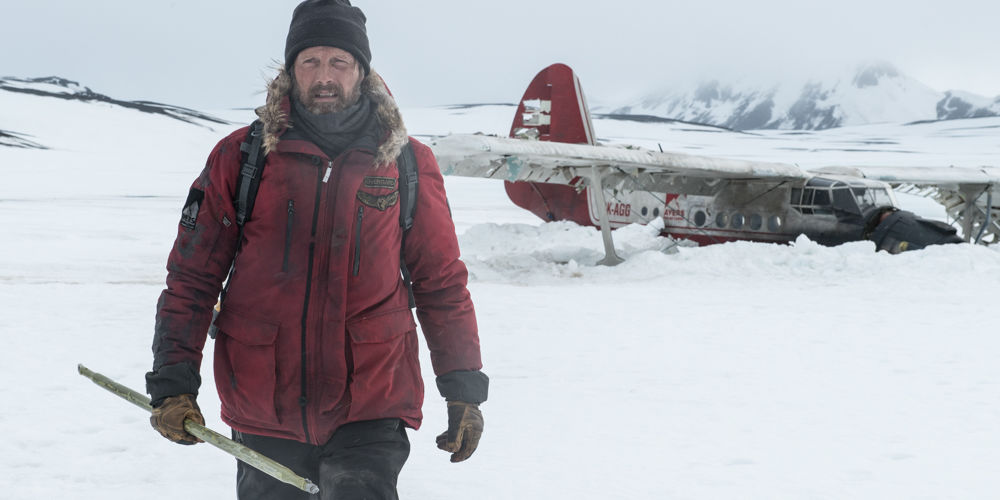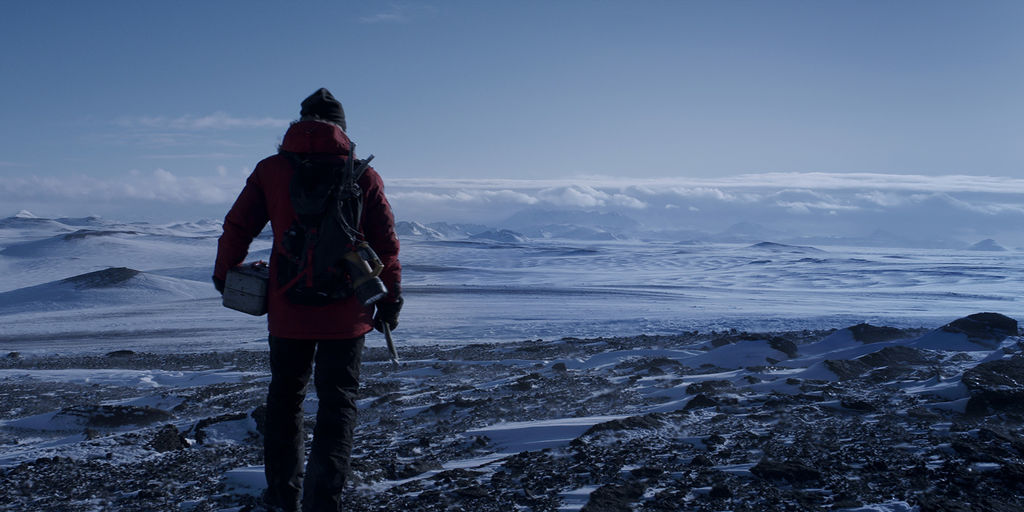There’s a scene in director Joe Penna’s film Arctic that rivals that gruesome and memorable crescendo from Danny Boyle’s desert survival story, 127 Hours.
In Arctic, the viewer watches helplessly as Danish actor Mads Mikkelson tries to free himself after falling into a rock-strewn crevasse, hidden beneath snow.
It is sickening viewing and impossible not to feel Mikkelson’s agony and desperation.
Arctic is a powerful homage to the sheer single-mindedness of human survival.
Mikkelson plays H Overgard, the only survivor of a plane crash in an arctic landscape that is so far removed from summer in Brisbane, it may as well be the moon.
The opening credits plunge the viewer from black into the blinding, snow-white landscape where Overgard is in survival mode.
It is a clever recreation of what it must be like to suddenly land in the unforgiving and frozen Icelandic terrain where the film is set.

Overgard’s daily routine is determined by the regular chime of his wristwatch.
Each day he visits a cluster of rocks that mark a gravesite; fixes the edges of a giant SOS message he has dug out in the snow; checks his elaborate fishing lines and traps for food; and treks up a nearby mountain where he spends at least an hour searching for passing plane signals.
Overgard sleeps in the belly of the crashed plane but he has minimal provisions besides the clothes on his back. There is no heating and it is freezing cold.
Overgard’s simple routine, carved out of necessity, is seriously impressive.
It is also isolated.
When he sees a lone polar bear loping along the icy valley below, it seems as if the beast and the man have more in common than not.

Suddenly, everything changes.
Overgard must consider whether to take his chances on foot, across the mountains, to a nearby station.
The film catalogues his breathtaking journey across the ice.
Like the frozen tundra, there is sparse dialogue in the film: A smattering of English and Danish.
Mikkelson brings a dogged tenacity and realism to his character.
We never learn exactly how Overgard was thrust into this eternal winter landscape, but the backstory becomes unimportant.
Instead, Overgard’s successes and disappointments become essential viewing.
Will he survive? Will he endure? How?
The film challenges the viewer to consider whether they would survive if faced with Overgard’s predicament.
What different decisions would they have made?
This is an unflinching and honest account of survival in the most extreme and spectacular of environments.
At just 97-minutes, it’s also the perfect length, directed with restraint and control.